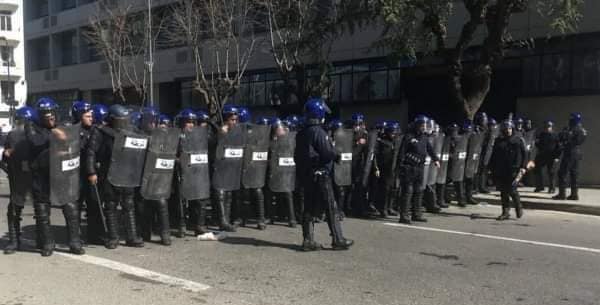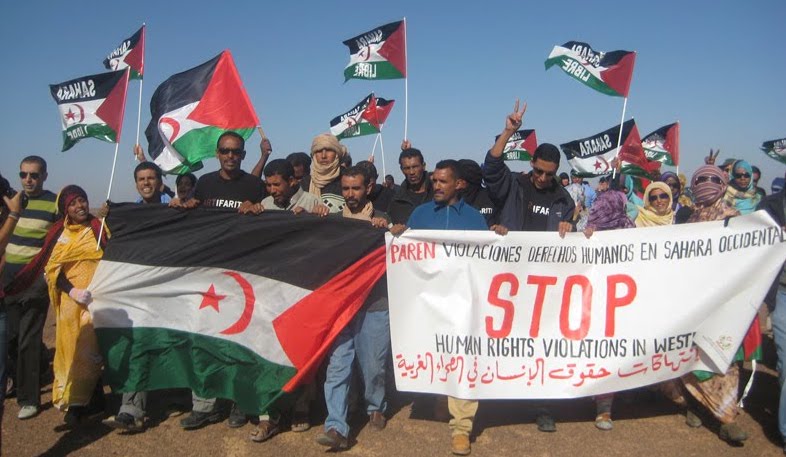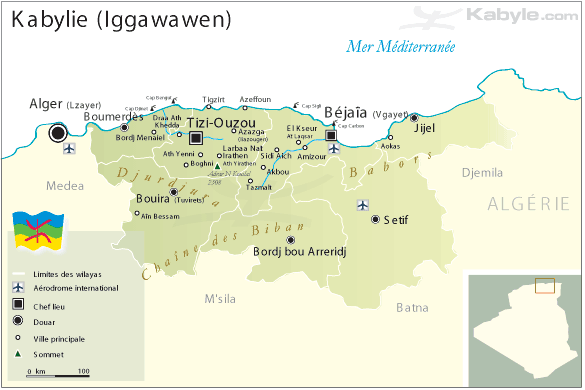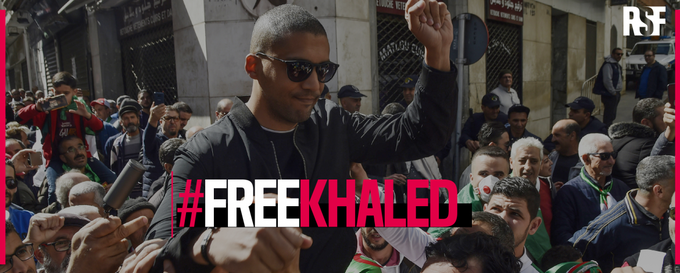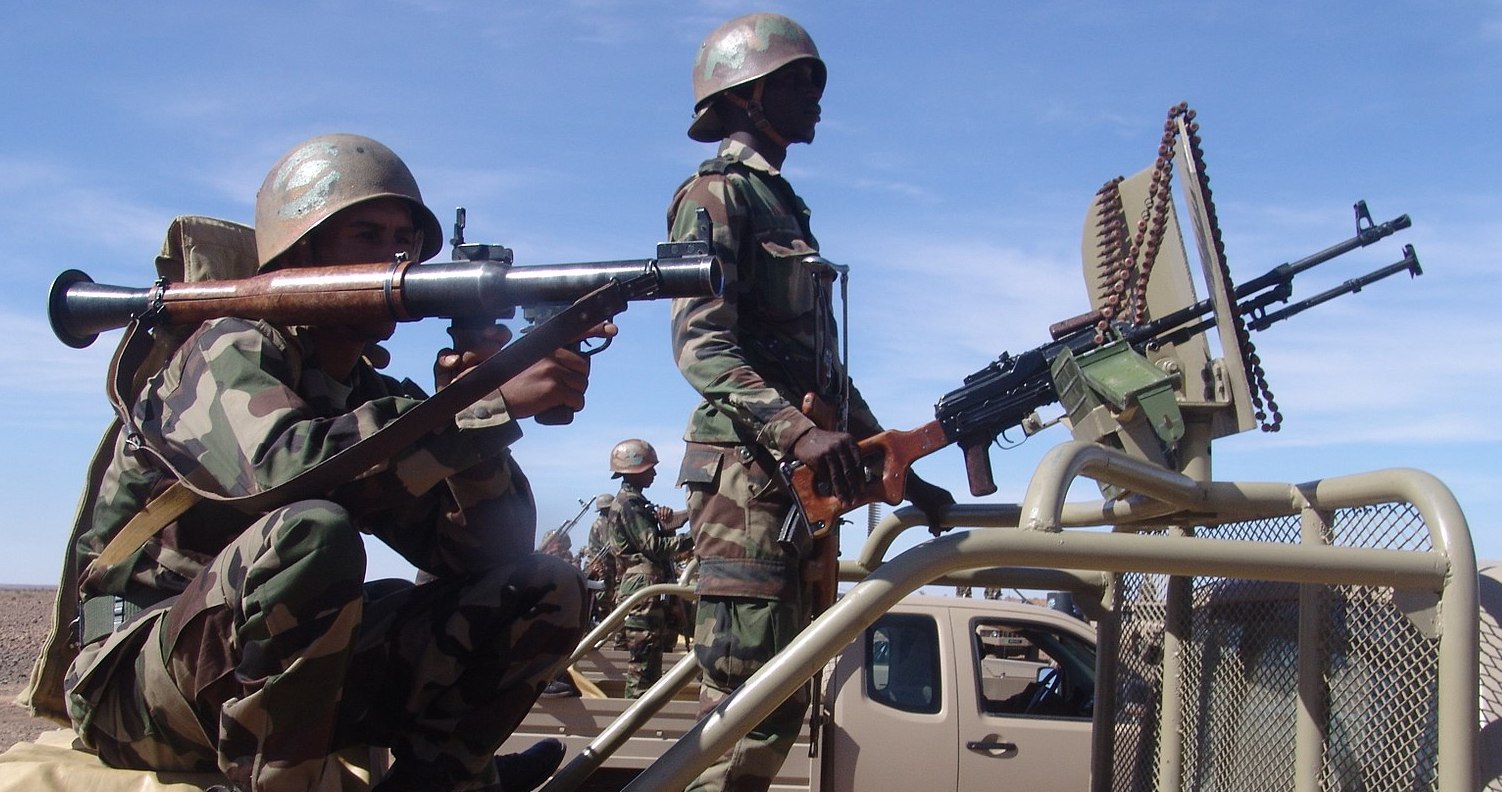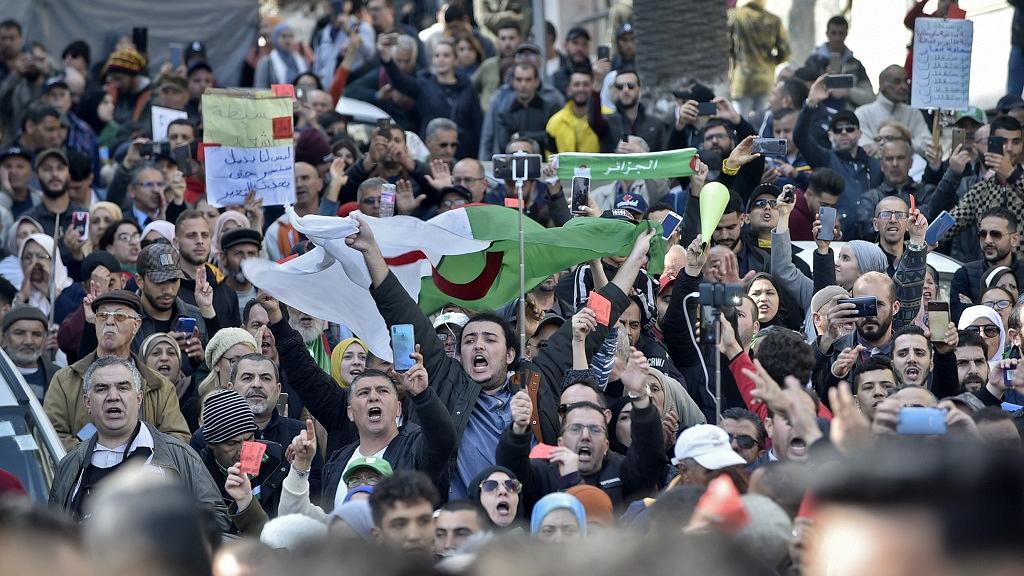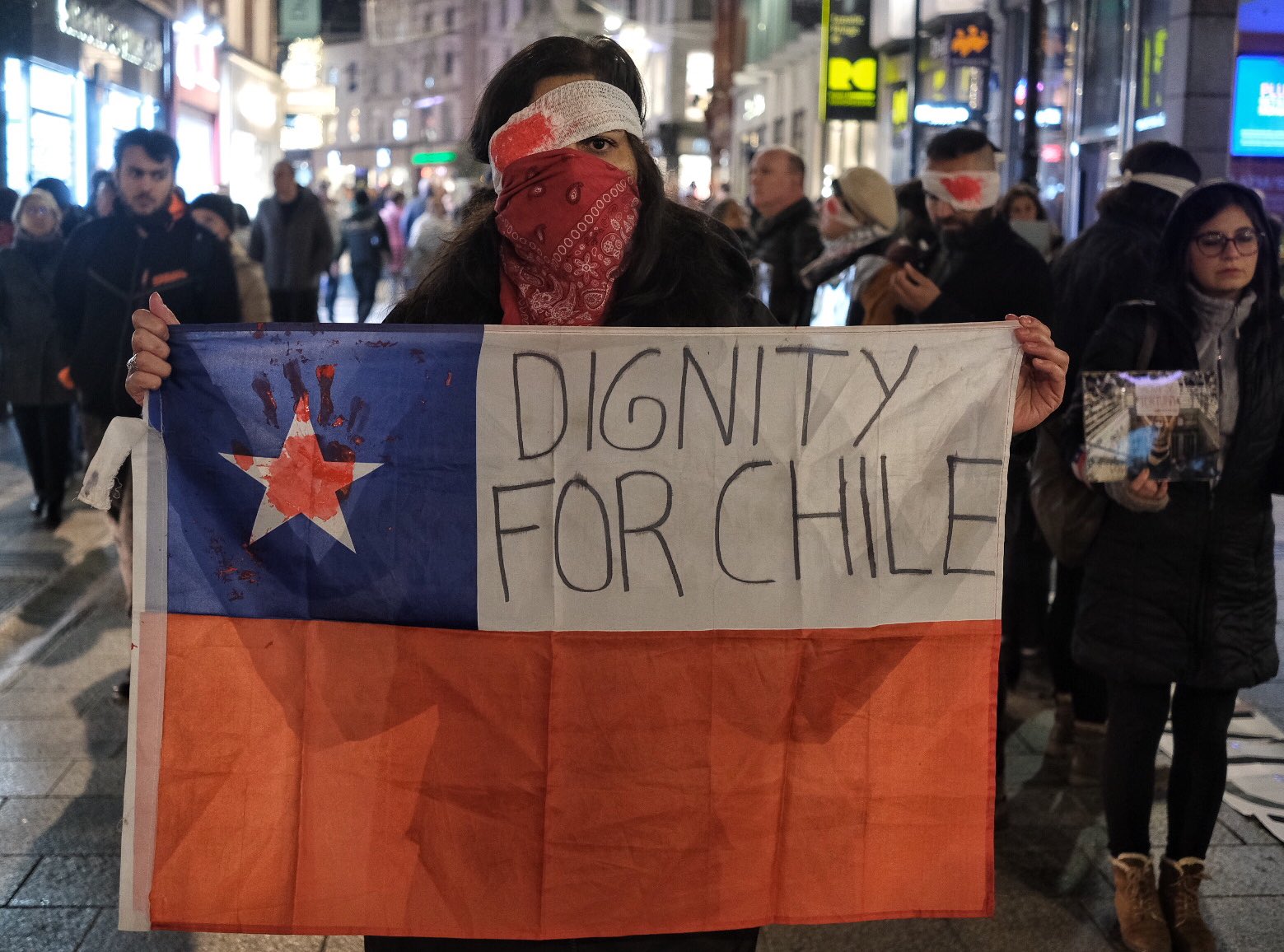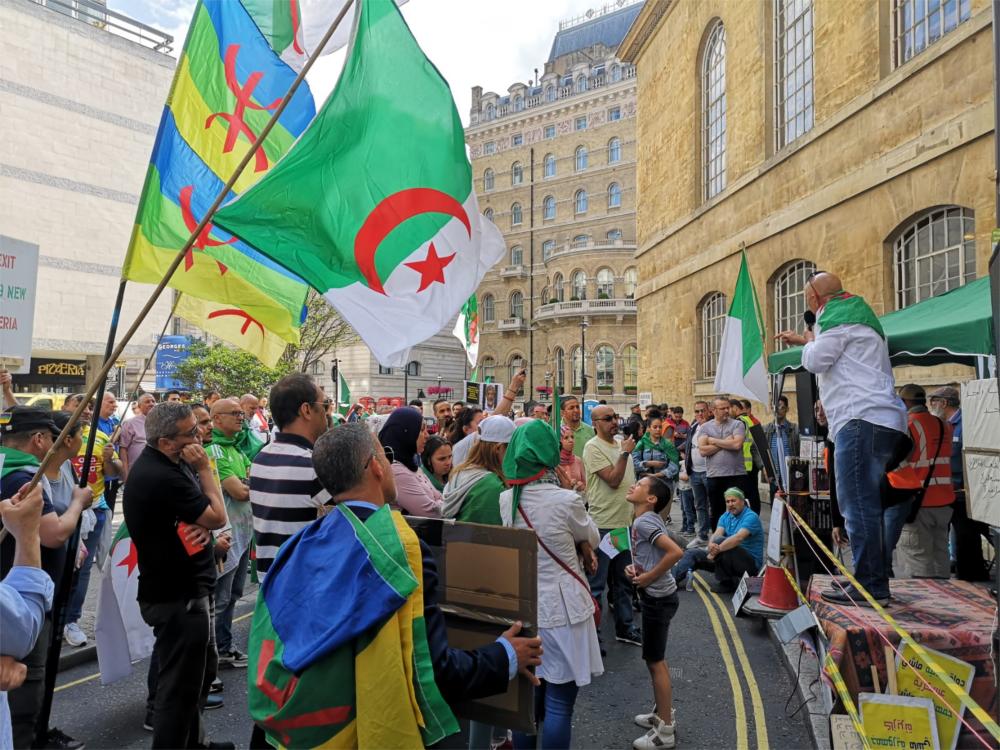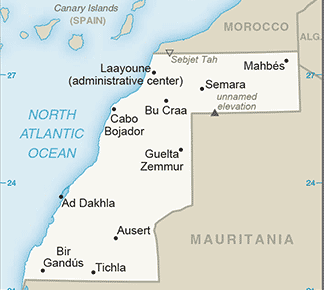
Will Biden reverse Trump policy on Western Sahara?
US-led forces are currently carrying out war games in Morocco, the periodic “Afrian Lion” exercises—this year taking place near the disputed region of Western Sahara. Morocco is trumpeting this as a re-affirmation of US recognition of its claim to the territory. The Trump administration last year formally recognized Moroccan sovereignty over Western Sahara in exchange for Moroccan diplomatic recognition of Israel as a part of the so-called Abraham Accords. But Spain, the disputed territory’s former colonial ruler, is opposing Morocco’s current push for international recognition of its claim. Just before the war games opened, Spanish Foreign Minister Arancha González Laya called US Secretary of State Antony Blinken, urging him to reverse Washington’s recognition of Moroccan rule in Western Sahara. (Map: Perry-Castañeda Library)



